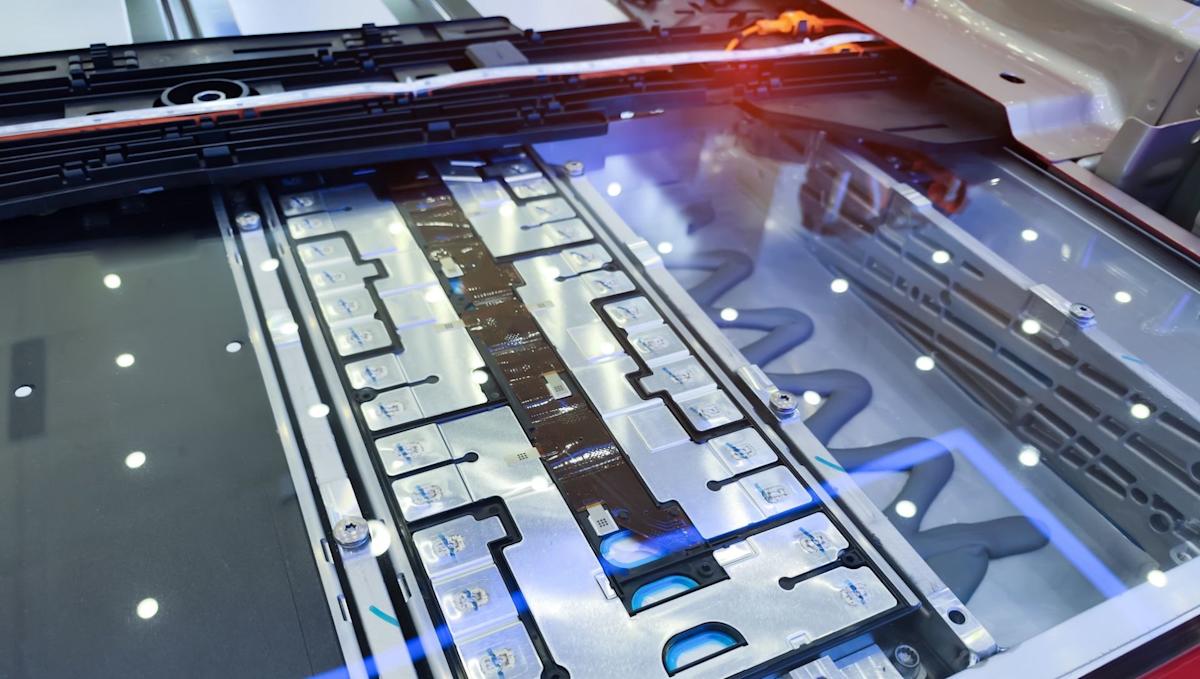Scientists unlock future-ready battery tech to transform electric vehicles: ‘Our study lays a foundation’

Solid-state battery electrolytes have been heralded by experts at Harvard and elsewhere as tech that could usher in a new, safer generation of highly effective energy storers — if it weren’t for nagging performance issues and costly production.
Now, researchers from the Dalian Institute of Chemical Physics in China have a sulfide-based version with high ionic conductivity, addressing challenges such as interface stability, according to a news release from the Chinese Academy of Sciences published by Tech Xplore.
Successful development could lead to improved safety, faster charging, and longer-lasting power packs for electric vehicles and other devices, according to TopSpeed. The article also highlighted the hurdles that experts have encountered so far.
Advertisement
Advertisement
The latest Chinese version tested well when part of packs with a variety of the latest electrode materials. During operation, ions move between two electrodes through the electrolyte, a U.S. Energy Department fact page explains.
It was made “by employing a multi-cation … doping and substitution strategy,” the experts said in the summary of the study, which was published in ACS Energy Letters. Doping refers to additives that improve performance.
The electrolyte tested well at minus 4 degrees to 140 degrees Fahrenheit, the report continued. An abstract of a prior study noted that packs generally operate best above freezing. But scientists at China’s Contemporary Amperex Technology are among experts pushing the cold-weather limit, developing a pack that can operate well at minus 40.
The Dalian team is excited about how its findings could advance the sector.
Watch now: How bad is a gas stove for your home’s indoor air quality?
“Our study lays a foundation for achieving [solid electrolytes] with wide temperature adaptability, high cathode loading, and long cycle life,” professor Wu Zhongshuai, a research co-leader, said in the summary.
Advertisement
Advertisement
The inventions are part of a steady run of battery innovations aimed at lowering production costs and improving performance. And while solid-state science is improving, it remains a fluid situation. TopSpeed recently cited research suggesting that the performance gains might not be worth the development trouble, despite well-publicized potential.
Improved safety would be a big win. Common packs have a flammable liquid electrolyte. And while battery fires happen far less frequently than combustion engine blazes, per multiple reports, pack failures can be explosive. The severity has raised concerns among potential customers. That’s driving the development of tech made to catch cell flaws as they are being made as well.
EVs are a money-saving and planet-friendly investment. You can save up to $1,500 a year in gas and maintenance costs while capitalizing on up to $7,500 in tax breaks that remain available. What’s more, each EV that replaces a gas car prevents thousands of pounds of heat-trapping air pollution from being emitted annually. Burning fossil fuels contributes to warming that NASA experts have linked to increased extreme weather risks.
Should the U.S. invest more in battery innovations? Click your choice to see results and speak your mind. |
Moving forward, Dalian’s sulfide solid-state electrolyte could soon play a role in increasing the impact of cleaner tech, helping reduce the likelihood of those worst-case scenarios.
Advertisement
Advertisement
“These findings advance sulfide [solid electrolytes] for high-performance and wide-temperature” batteries, the experts wrote in the study’s abstract.
Join our free newsletter for weekly updates on the latest innovations improving our lives and shaping our future, and don’t miss this cool list of easy ways to help yourself while helping the planet.

